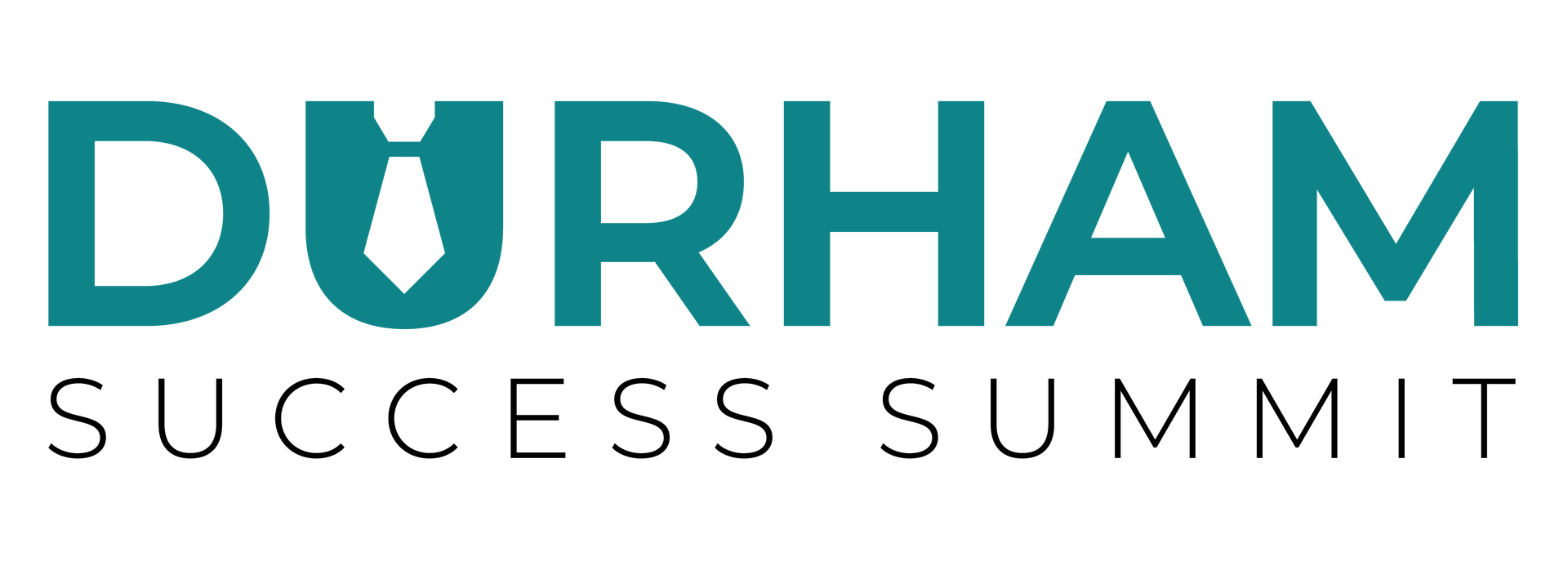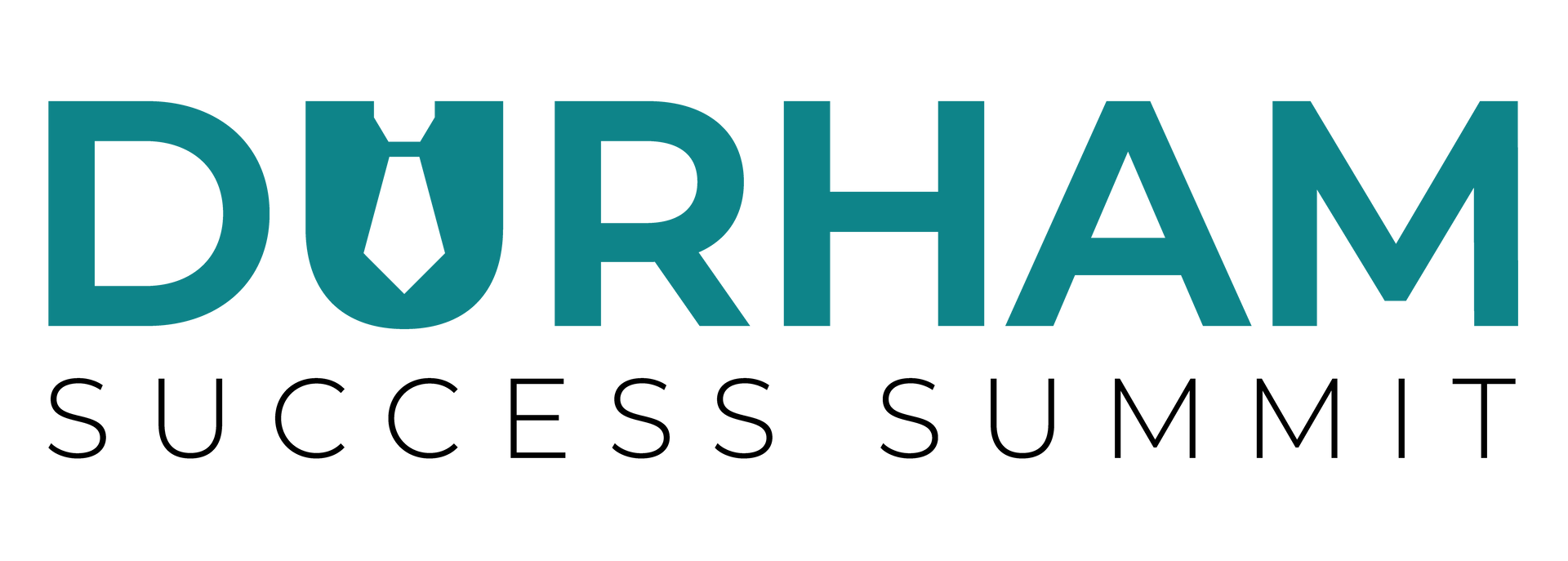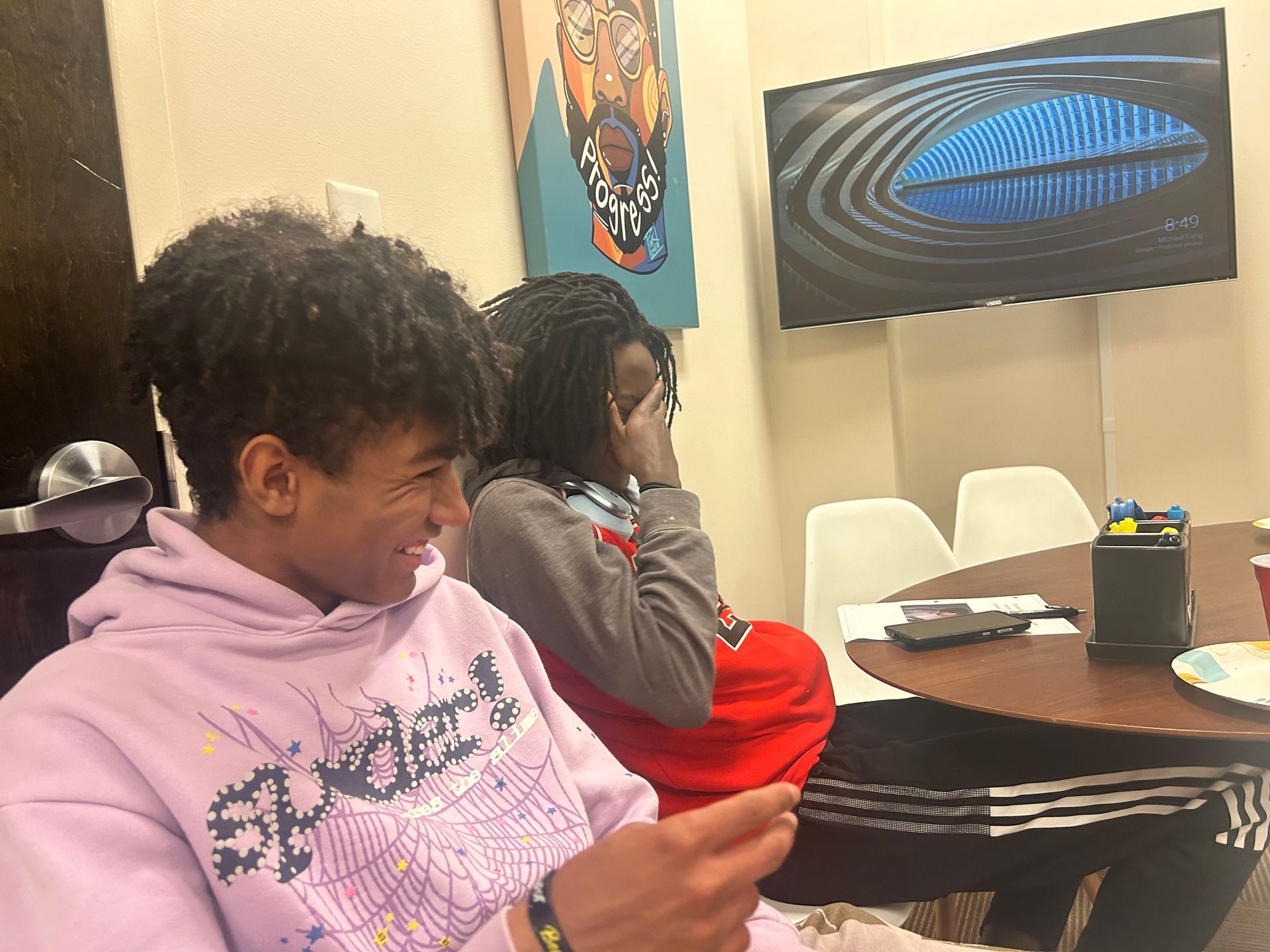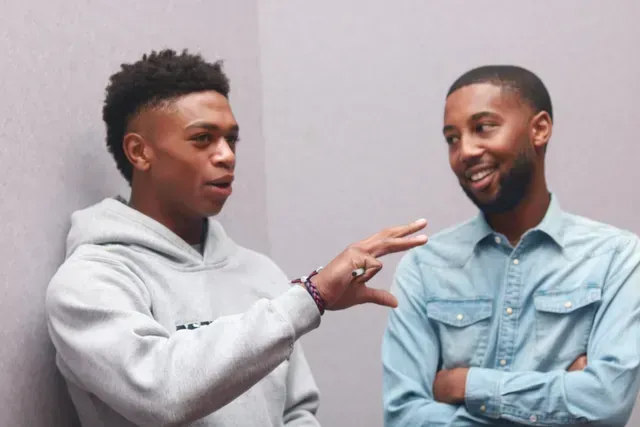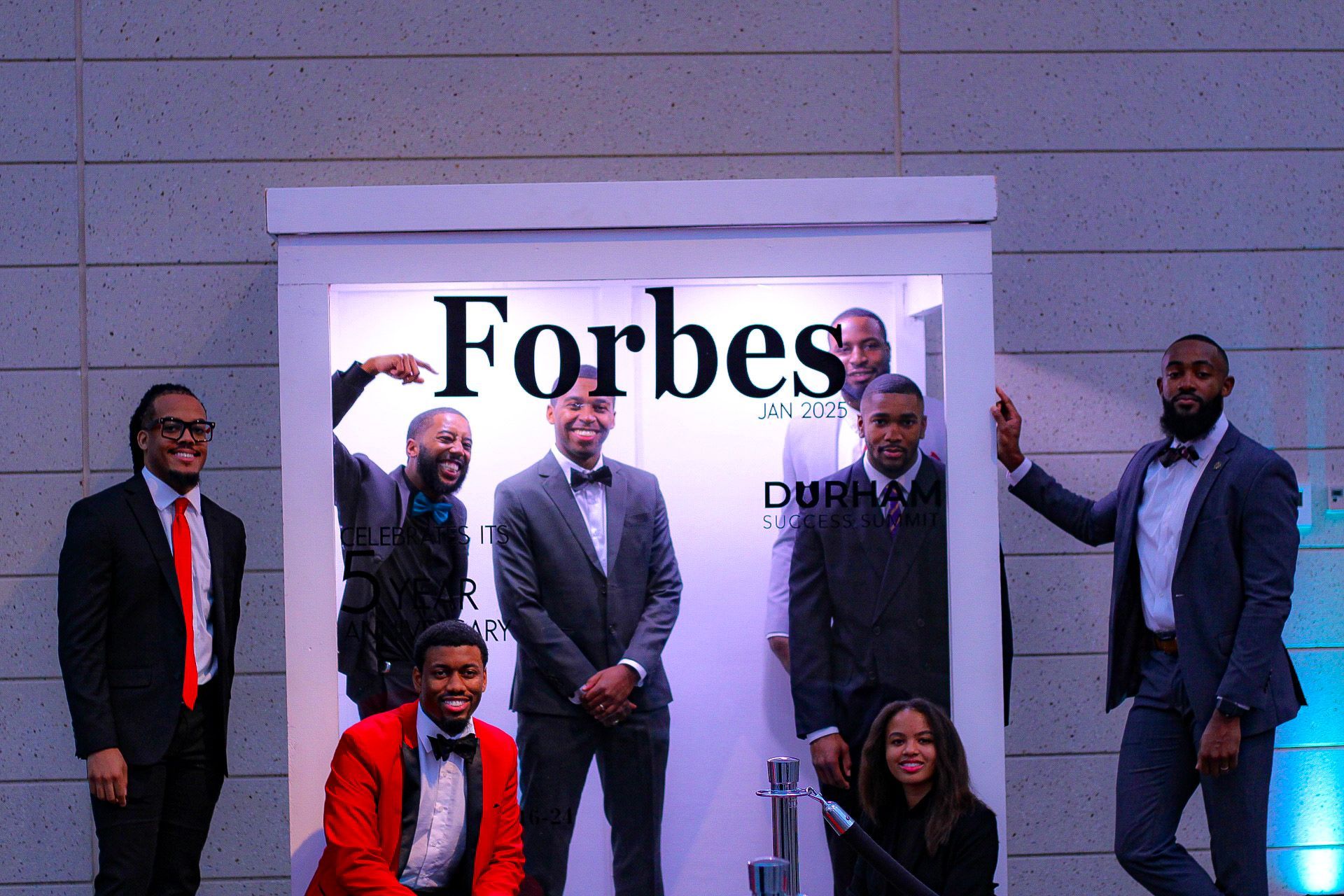Why I Quit My Dream Job at Microsoft After 3 Months
Nearly a decade ago, as a White House intern, I was working through pain.
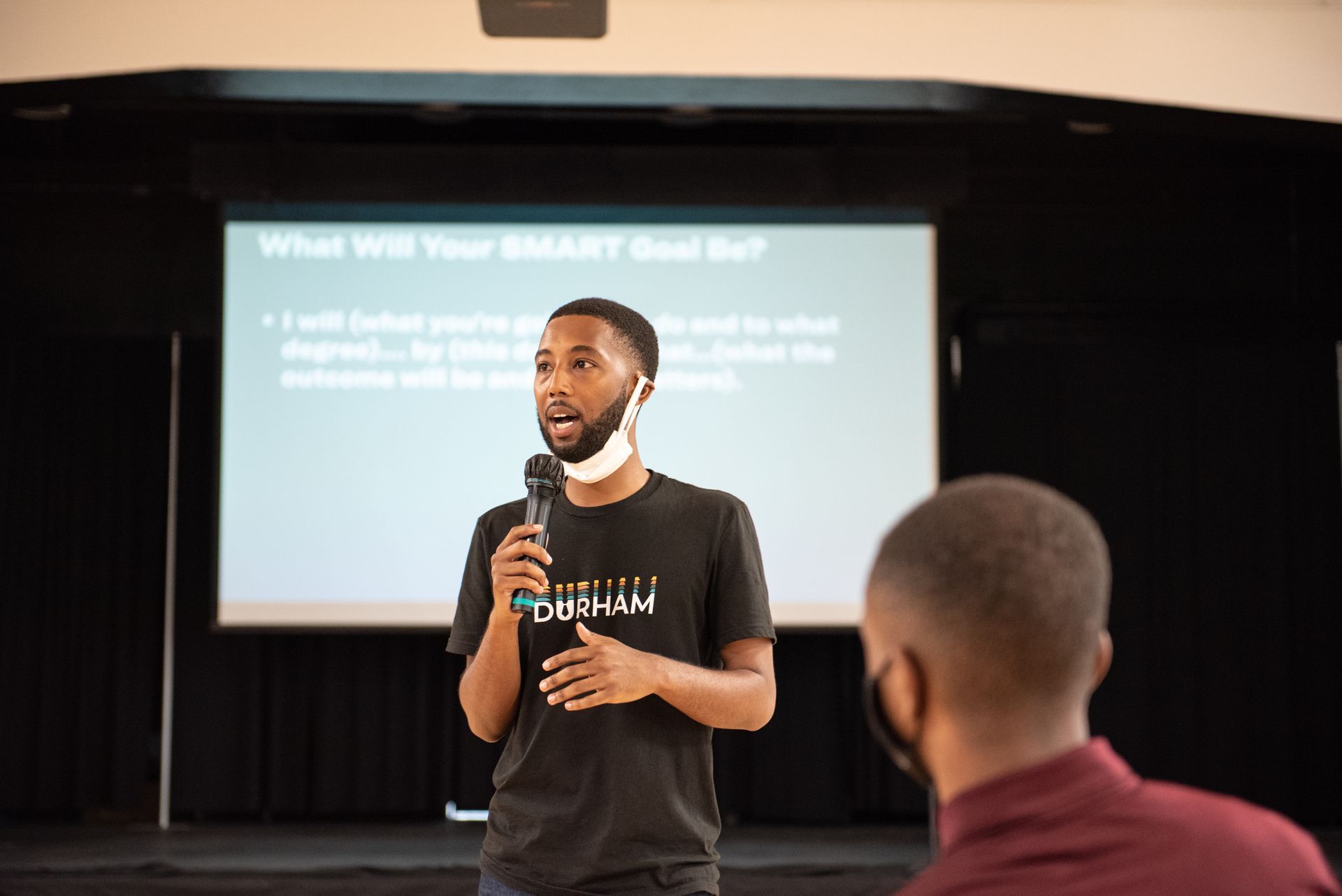
Nearly a decade ago, I was working through my pain.
What happened to Trayvon traumatized me. We were two years apart in age. Our birthdays were six days apart from each other. And yet there I was – an African American male with many similarities to Trayvon, interning at the Department of Justice as the not guilty verdict came down for George Zimmerman.
8 years passed. I landed a job at Microsoft. And once again, I was working through my pain – ignoring the stories I was seeing in the news, ignoring the feelings in my heart, ignoring anything but the work that was put in front of me.
I wasn’t doing anything about the system. Which meant that I was contributing to it.
I quit after 3 months. Out of concern for boys like Trayvon, out of outrage for people like Zimmerman, out of knowledge of all the names out there that had and would experience the same or similar harm but not make the news.
But there is nothing glorious about simply quitting. Even as I walked out of those doors toward uncertainty, I knew that this was still only the easy part. We celebrate the first steps way too often in this country; we’re too comfortable resting on our laurels after we do the bare minimum. That’s why nothing ever changes.
Quitting didn’t stop the mental anguish I felt as a young man of color seeing the suffering of others like me. Quitting didn’t relieve me from my survivor’s guilt for living on while Trayvon couldn’t. Quitting didn’t heal my mental anguish.
But I had an idea of what might. I was going to have to bring about change of my own, on my own terms. Glorification would have to wait until I had succeeded in making a lasting, positive impact on communities of color. Why not start with my own hometown of Durham?
I looked into my options and settled on founding a nonprofit that would directly help my community. I wanted to improve the lives of local, young, black men. Men just like me. Thus, the Durham Success Summit (DSS) was born.
No more anger, no more sleepless nights, no more lying to myself and escaping from reality to avoid being bothered by my privilege and weighed down by survivor’s guilt. I made the conscious decision to focus purely on action.
From the Department of Justice to Establishing My Own
We began in 2019 with just 75 students and 15 guest speakers. We focused on providing guidance to young, college-aged black men who were unsure of the steps they should take in their lives and careers.
And we saw real progress. They were responding to our strategies and our message. There was real potential in what the DSS was accomplishing. Then, in 2020, the pandemic hit – but we weren’t going to let that slow us down. No, we had just got rolling. And you can’t stop a rolling stone.
The Summit grew in 2020, partnering with the North Carolina Central University’s Men’s Achievement Center. That year, we provided a virtual program with 30 speakers to 175 students. We also launched an annual survey to better understand what we were doing for the young black men we worked with; those faces that too often become faceless in the media. Here’s what they said in 2020:
- The Durham Success Summit was rated 4.7/5 stars
- 76% of them stated they would return for another year
- 94% of them were clearer on their life and career goals after attending
- 100% of them stated that they walked away with actionable tools they could implement in their lives
This was real improvement our attendees were experiencing. This was something big. This was something worth glorifying.
Success stories began coming out of our program, like those of Jordan Jackson and Tyler Fisher. Jordan went on to start the BLXCK Clothing Company, while Tyler was inspired to follow through on his dream to write children’s books and started a social media campaign to inspire others in turn. It was a ripple effect. And I couldn’t be happier.
But there’s still more action to be taken. There’s still more pain to heal.
The issues facing young men of color in Durham are not unique to the city. There are more out there like Jordan and Tyler who could have fallen through the cracks. But now that we’ve proven our model works, we’re confident that we can partner with organizations and city officials across North Carolina and establish events statewide. And after that, who knows? Maybe I’ll be coming to your city anywhere in the country if things keep working out.
